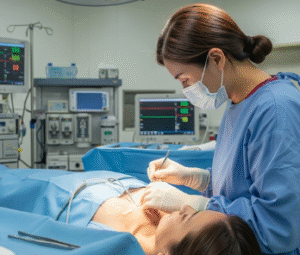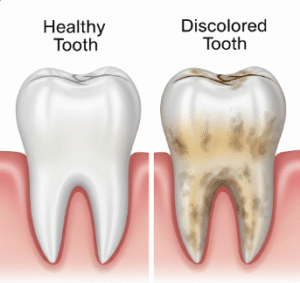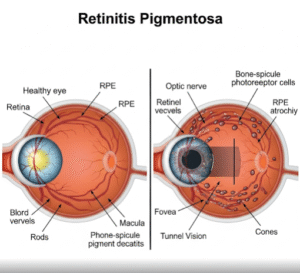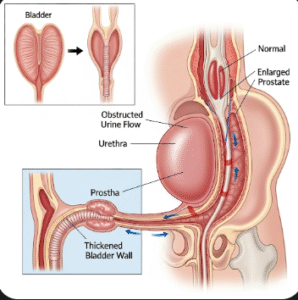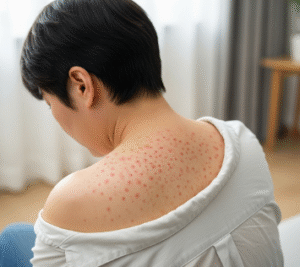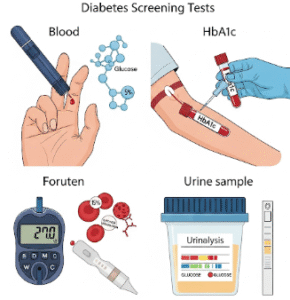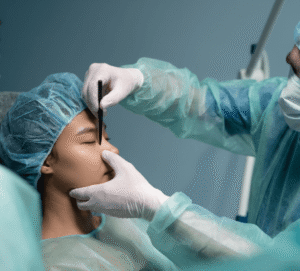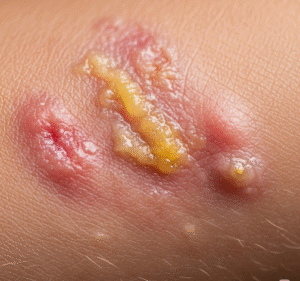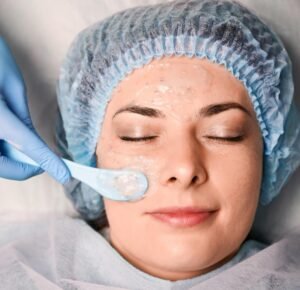What It Is
Stretched earlobe repair is a surgical procedure that restores earlobes that have been enlarged by heavy earrings, trauma, or intentional stretching (gauges). The surgery involves removing excess tissue, reshaping the earlobe, and suturing it back together to achieve a natural, balanced appearance.
In Korea, stretched earlobe repair is a popular minor cosmetic procedure, often chosen by patients who previously wore ear gauges or experienced earlobe elongation from long-term earring use. Korean surgeons are known for their precision techniques that leave minimal scarring and allow patients to re-pierce their ears once fully healed.
Why It’s Done
Cosmetic Purposes:
- Restores natural ear appearance after gauge removal or heavy earring use
- Corrects elongated, stretched, or drooping earlobes
- Improves symmetry and balance between the ears
- Enhances self-confidence, especially in professional or social settings
Corrective Purposes:
- Repairs earlobes damaged by trauma or tearing
- Corrects irregularities from previous ear modifications
Patient Considerations:
- Common among patients who want to reverse body modifications for career or lifestyle changes
- Suitable for individuals of all ages once the earlobe tissue is stable
- Ideal for healthy, non-smoking patients with realistic expectations
Alternatives
- Dermal Fillers: Can temporarily plump thin or wrinkled earlobes but cannot correct stretched holes
- Camouflage: Hairstyles or accessories to hide earlobe defects (temporary only)
- Earlobe Reduction: For patients with naturally large earlobes, rather than stretched ones
Preparation
Patients preparing for stretched earlobe repair in Korea undergo:
- Consultation: Ear examination, symmetry evaluation, and surgical planning
- Medical Check: Basic health screening and history review
- Pre-Operative Instructions: Avoid smoking, alcohol, and blood-thinning medications prior to surgery
- Anesthesia: Local anesthesia is typically used; sedation is optional if combined with other procedures
How It’s Done
Type: Minor surgical procedure, outpatient basis
Duration: 45–90 minutes per ear
Procedure Steps:
- Local anesthesia is applied to numb the earlobe
- Stretched tissue is carefully removed, leaving healthy skin and cartilage
- The remaining earlobe edges are reshaped and sutured together for a natural contour
- Fine, dissolvable or removable sutures are placed to minimize visible scarring
Hospitalization: Outpatient procedure; patients go home immediately after surgery
Recovery
- First Week: Mild swelling, redness, or tenderness around the earlobes
- Stitches: Removed after 5–7 days (if not dissolvable)
- Activity: Patients return to work and normal activities immediately or within a few days
- Scar Healing: Small scars fade over time and are usually well-hidden
- Re-Piercing: Typically allowed 6–8 weeks after full healing, in a new spot if desired
Possible Complications
- Temporary swelling, redness, or bruising
- Infection (rare with proper hygiene and antibiotics)
- Asymmetry between ears if healing differs
- Visible scarring (minimized with fine sutures and proper care)
- Recurrence of stretching if heavy earrings or gauges are worn again
Treatment Options in Korea
Diagnosis
Korean clinics use:
- Physical Examination to assess tissue damage and degree of stretching
- Photographic Planning to evaluate symmetry and predict outcomes
- Surgeon Consultation to discuss patient goals, including re-piercing options
Medical Treatments
Non-surgical options are limited:
- Fillers to add volume in thin earlobes (cosmetic only)
- Non-surgical camouflage with makeup or hairstyles
Surgical or Advanced Therapies
- Standard Stretched Earlobe Repair: Removal of stretched tissue and suturing
- Complex Reconstruction: For severe or irregular stretching requiring tissue reshaping
- Earlobe Reduction + Repair: For patients wanting smaller earlobes along with repair
- Revision Surgery: Correcting previous earlobe repairs or unsatisfactory results
Rehabilitation and Support
- Regular follow-up visits to check healing progress
- Scar management with silicone gels, ointments, or laser treatments
- International patient services: translation, transport assistance, and recovery care tailored for foreign patients



